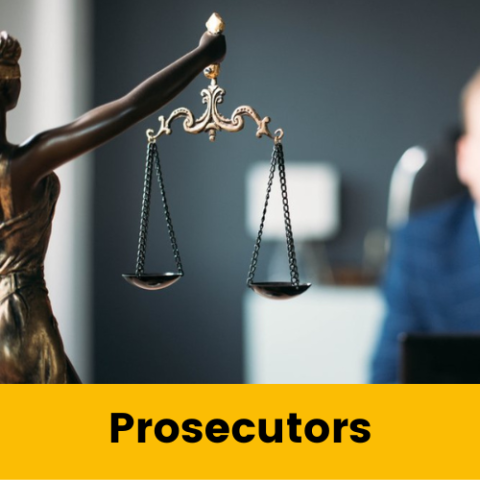Respondent was indicted on charges of violating federal narcotics and firearms statutes. Before trial, he filed a discovery motion requesting, inter alia, "any deals, promises or inducements made to [Government] witnesses in exchange for their testimony." The Government's response did not disclose that any "deals, promises or inducements" had been made to its two principal witnesses, who had assisted the Bureau of Alcohol, Tobacco and Firearms (ATF) in conducting an undercover investigation of respondent. But the Government did produce signed affidavits by these witnesses recounting their undercover dealing with respondent and concluding with the statement that the affidavits were made without any threats or rewards or promises of reward. Respondent waived his right to a jury trial and was tried before the District Court. The two principal Government witnesses testified about both the firearms and narcotics charges, and the court found respondent guilty on the narcotics charges but not guilty on the firearms charges. Subsequently, in response to requests made pursuant to the Freedom of Information Act and the Privacy Act, respondent received copies of ATF contracts signed by the principal Government witnesses during the undercover investigation and stating that the Government would pay money to the witnesses commensurate with the information furnished. Respondent then moved to vacate his sentence, alleging that the Government's failure in response to the discovery motion to disclose these contracts, which he could have used to impeach the witnesses, violated his right to due process under Brady v. Maryland, 373 U. S. 83, which held that the prosecution's suppression of evidence favorable to an accused upon request violates due process where the evidence is material either to guilt or punishment. The District Court denied the motion, finding beyond a reasonable doubt that, had the existence of the ATF contracts been disclosed to it during trial, the disclosure would not have affected the outcome, because the principal Government witnesses' testimony was primarily devoted to the firearms charges on which respondent was acquitted, and was exculpatory on the narcotics charges. The Court of Appeals reversed, holding that the Government's failure to disclose the requested impeachment evidence that respondent could have used to conduct an effective cross-examination of the Government's principal witnesses required automatic reversal. The Court of Appeals also stated that it "disagree[d]" with the District Court's conclusion that the nondisclosure was harmless beyond a reasonable doubt, noting that the witnesses' testimony was in fact inculpatory on the narcotics charges.
No. 84-48
Argued March 20, 1985
Decided July 2, 1985
473 U.S. 667
We the People
We the People have a Right to Know according to the Supreme Court of the United States [SCOTUS], past Presidents (of both major political parties), Congress, and the United States Department of Justice. As an expression of that Right to Know, we have coordinated valuable information from a number of resources into a single, public-facing, searchable database.
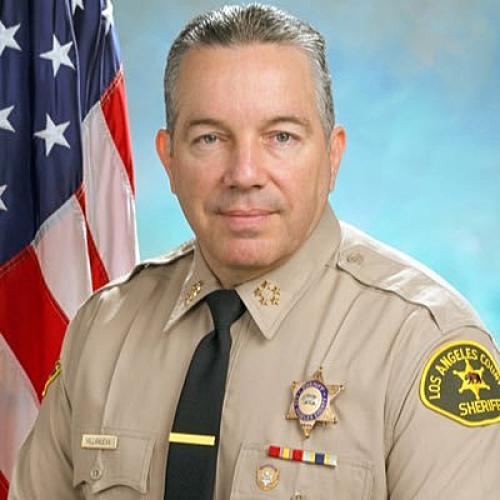

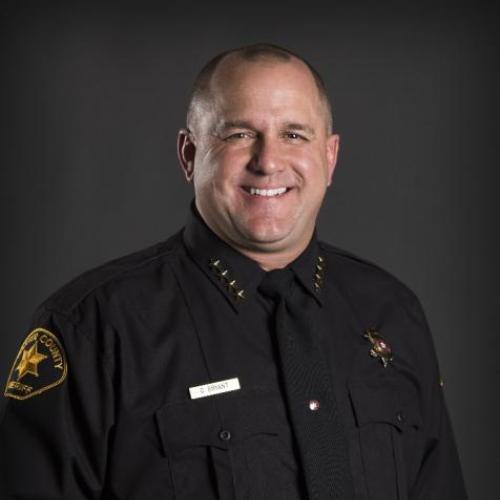
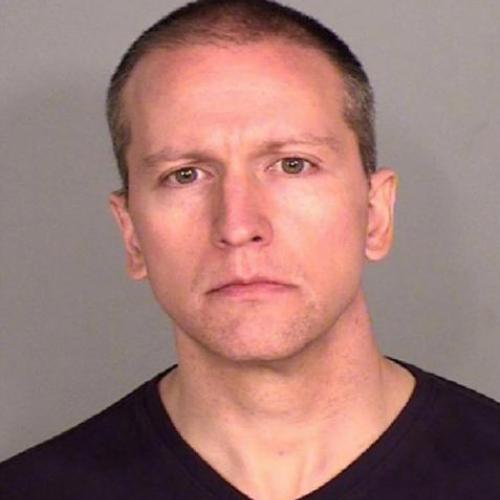
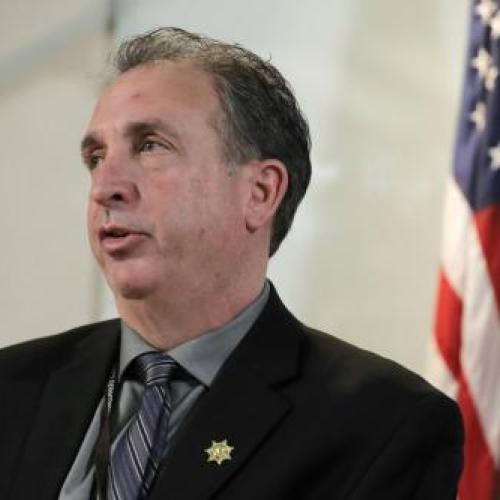
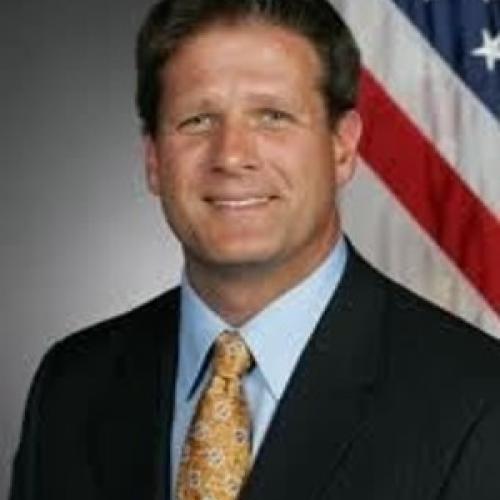
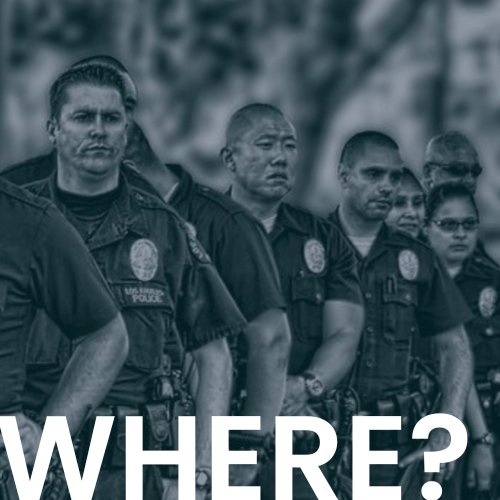
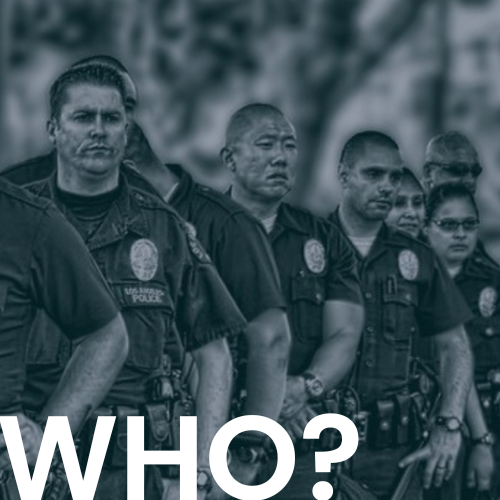
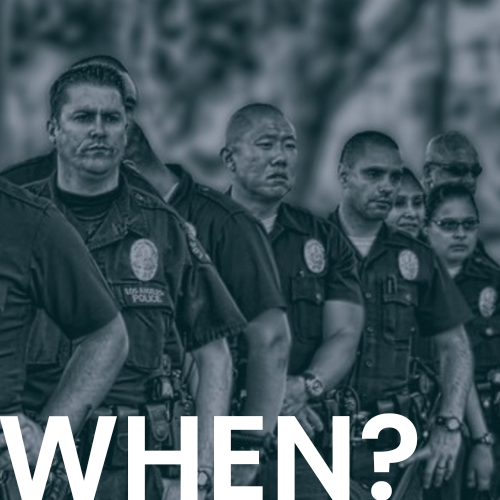
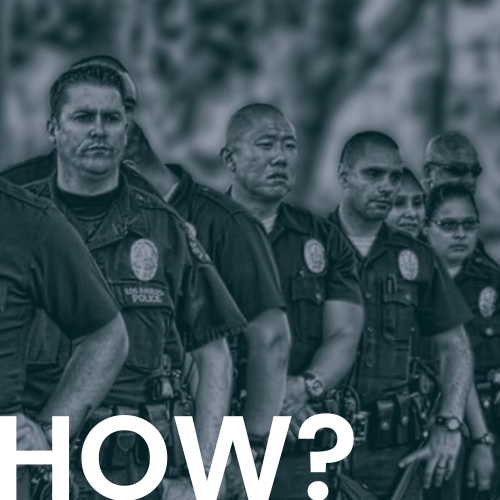
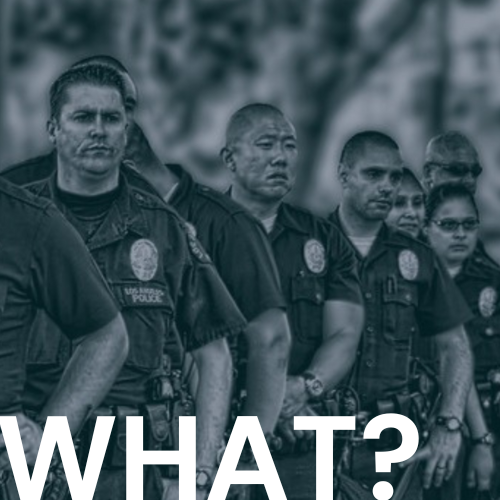
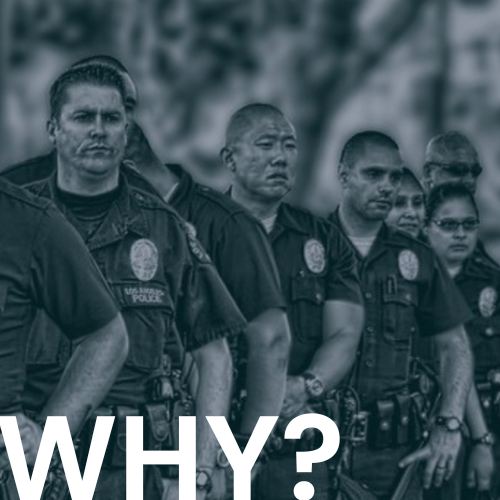
![Peace Officer Standards & Training [POST] Departments Peace Officer Standards & Training [POST] Departments](/sites/default/files/styles/large/public/2023-07/Brady.png?itok=xsIFvU8R)
![Organizations [Law Enforcement et al.] Organizations [Law Enforcement et al.]](/sites/default/files/styles/large/public/2023-07/Brady%20%282%29.png?itok=H7Pj15F8)

